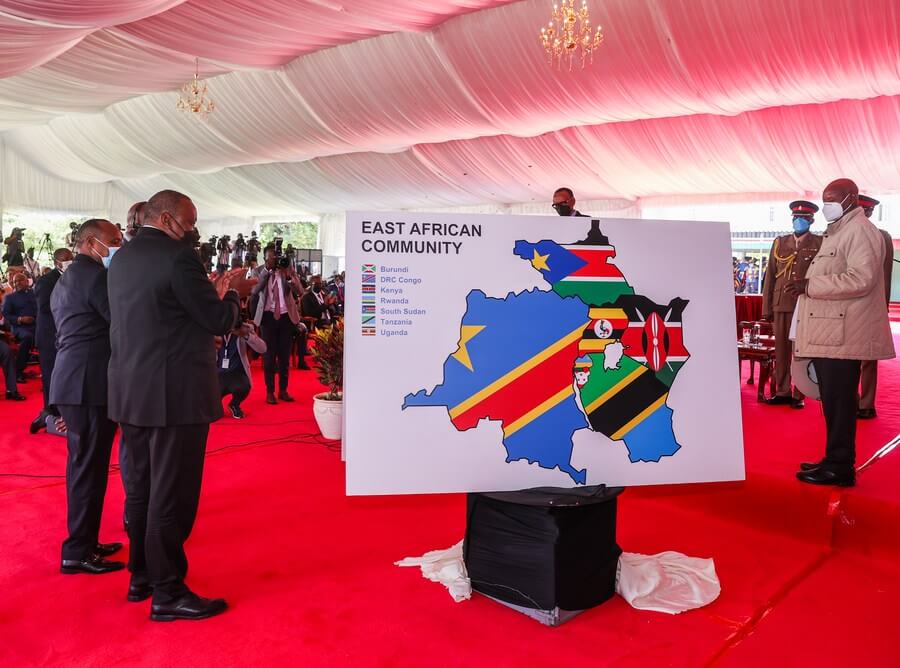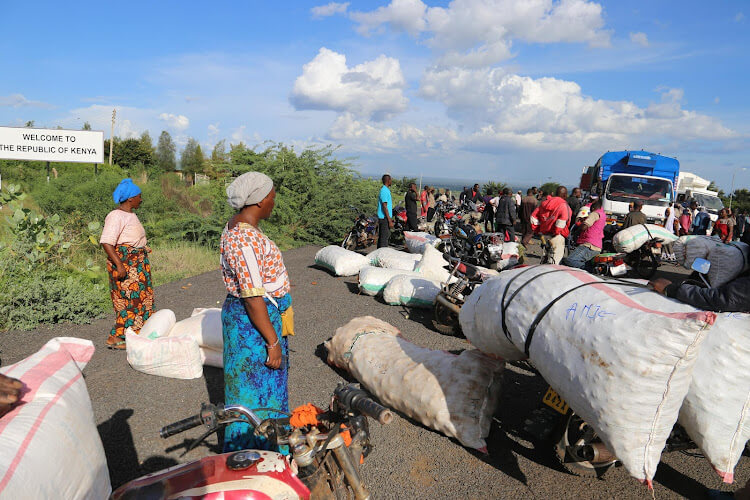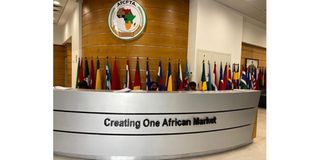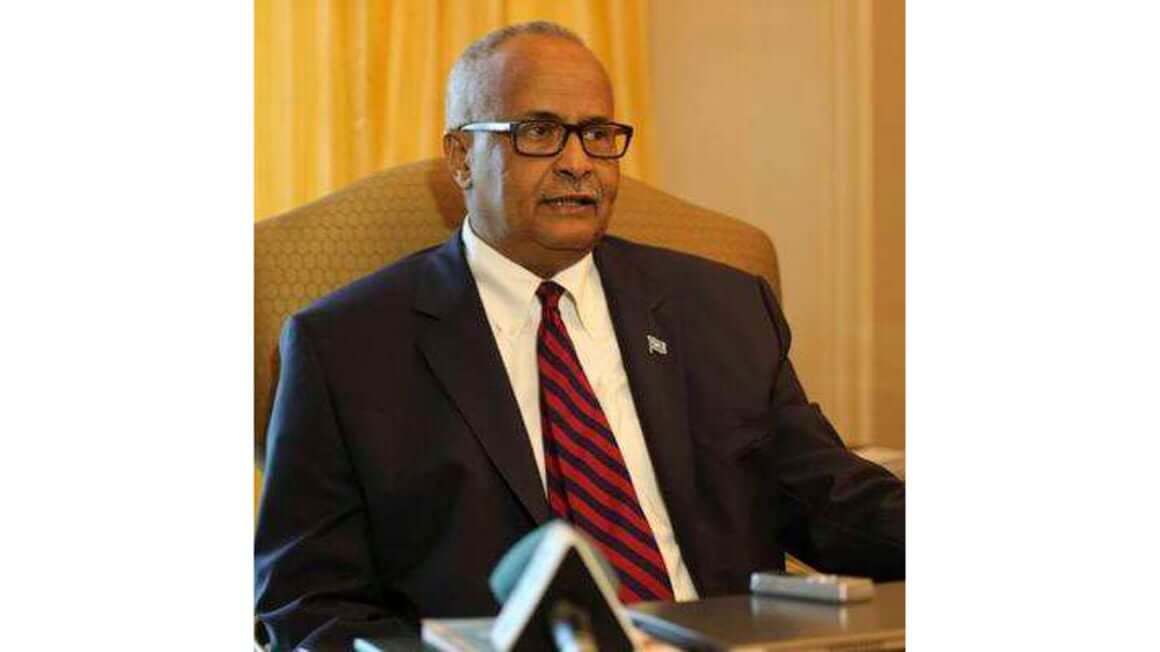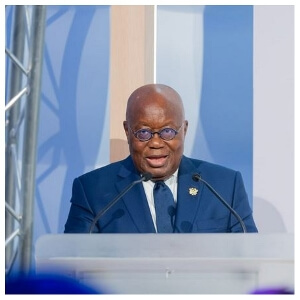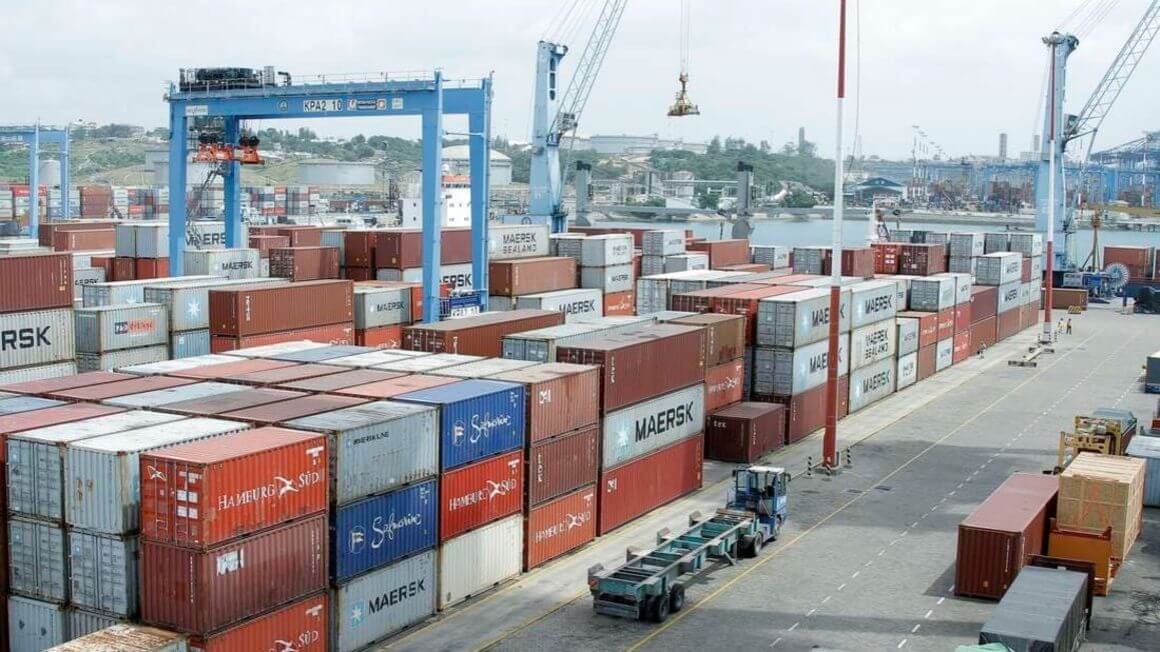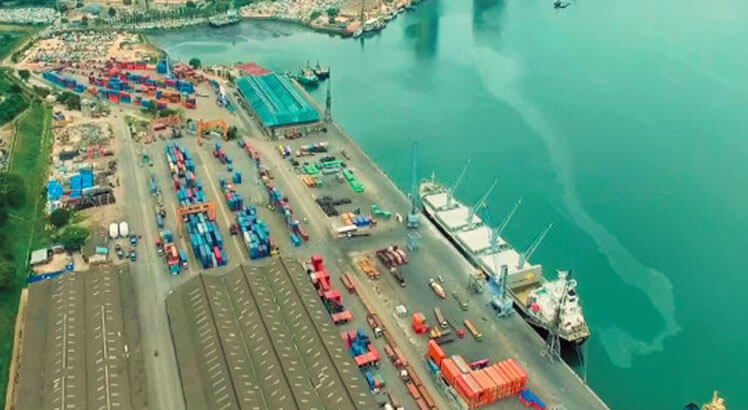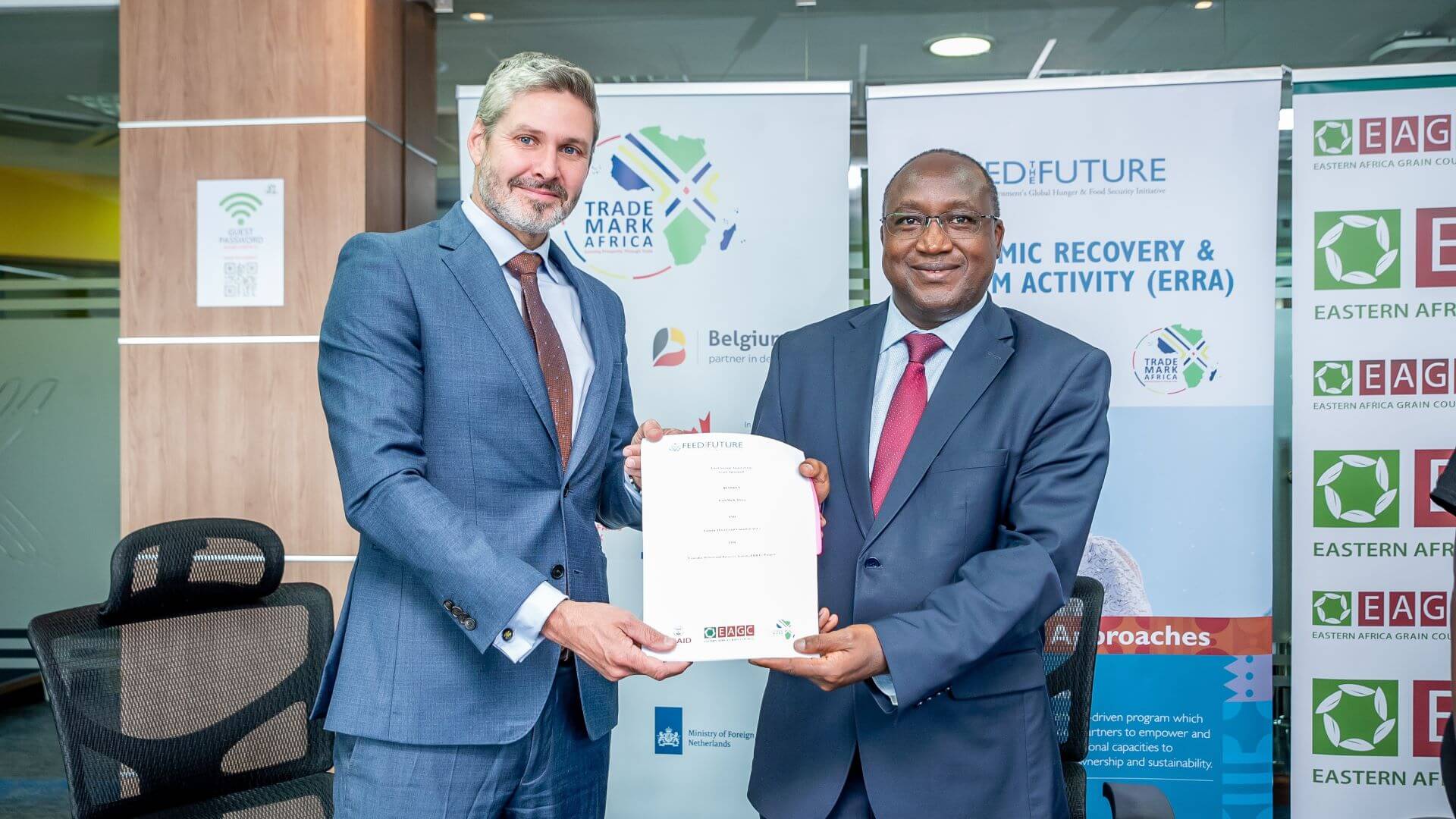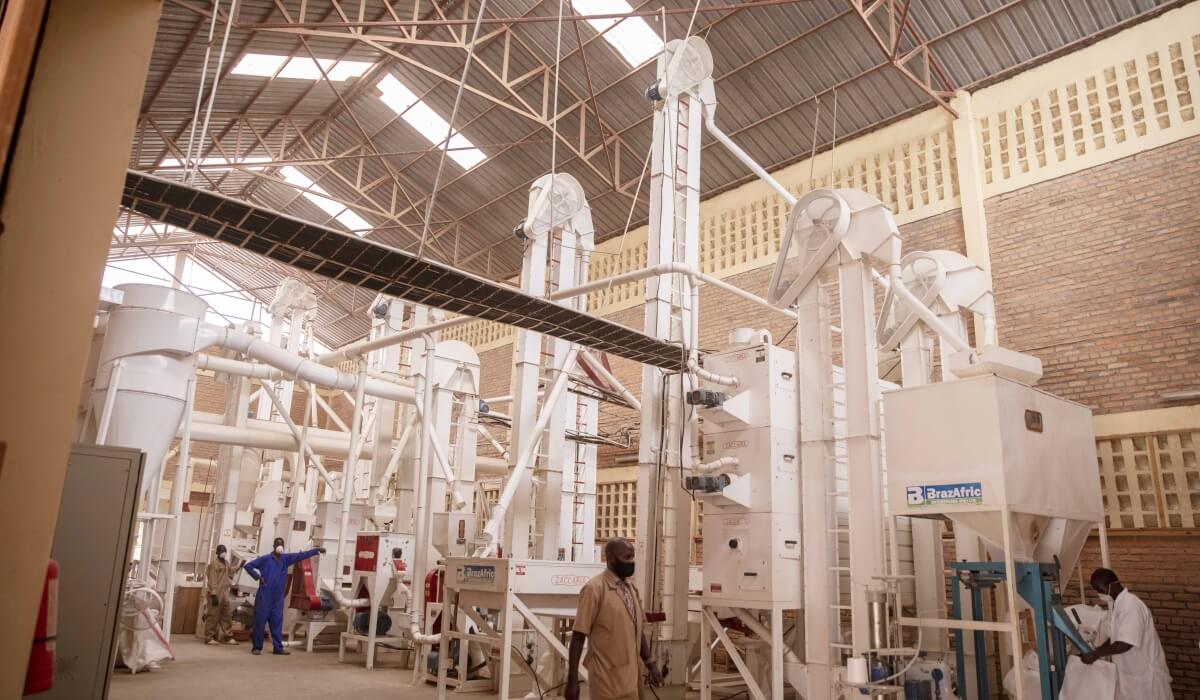With a combined GDP of $305 billion and a population of 283.7 million, EAC membership offers a broader market, increased investment opportunities. Despite being a nation that’s just emerging from civil war, Somalia is carving out a new narrative of growth as it stands on the cusp of new era of entrepreneurialism and trade. Its acceptance into the East African Community (EAC) is a significant stride in Somalia’s history. With a combined GDP of $305 billion and a population of 283.7 million, EAC membership offers a broader market, increased investment opportunities, and will connect the large Somalia diaspora within East Africa with home. For two decades, the Somalian banking sector has been laying the foundations for Somalis to optimize on this opportunity. Its innovation journey is edged towards giving Somalia entrepreneurs the financial infrastructure to thrive. Entrepreneurs make up 76 percent of the population and prioritizing them will be the catalyst for trade with Somalia’s regional neighbours. One of the leading banks in the country, Salaam Somali Bank has established itself as a key player in this transformation by introducing pioneering fintech services. Its mobile banking service, Deeqtoon was the first mobile banking service in Somalia. Launched in response to a demand for service availability and a drive to expand service use capacity, Deeqtoon is now a cornerstone for transactions. The one stop platform offers services ranging from account-to-account transfers to electronic deposits and withdrawals, for both individuals and corporate entities. Deeqtoon also acts as a bridge between formal and...
How Fintech Innovation Will Unlock Opportunities For EAC
Posted on: January 26, 2024
Posted on: January 26, 2024

